February 23 stands as one of history’s most eventful days, witnessing the rise and fall of empires, groundbreaking discoveries, and moments that shaped our modern world across centuries of human achievement.
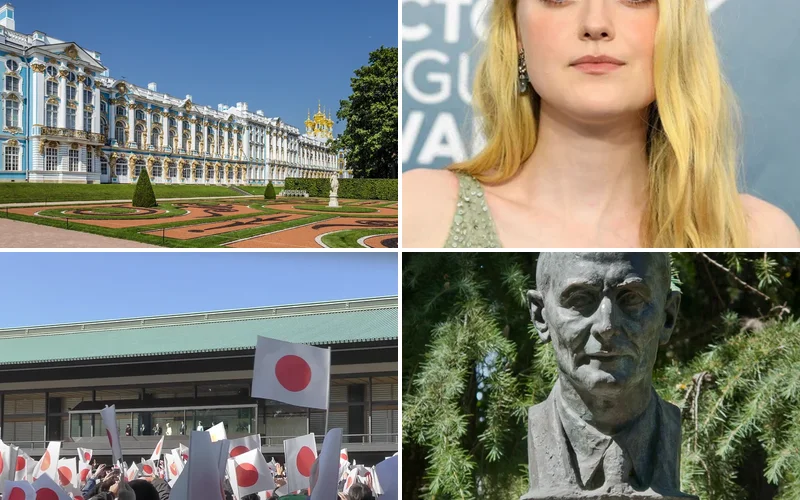
Politics and Government Events on February 23
1917 – First Demonstrations Begin February Revolution in Russia
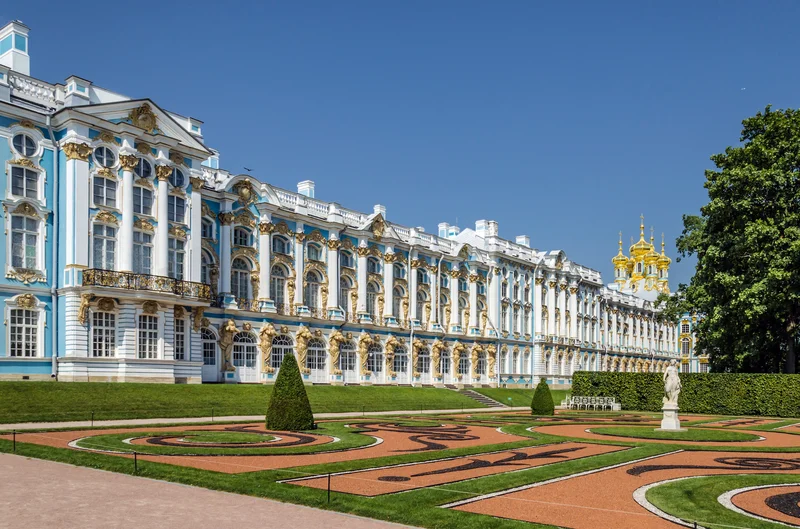
Revolutionary fervor erupted in Saint Petersburg as the first demonstrations marked the beginning of the February Revolution. Protesters filled the streets demanding bread and political reform in what would become the March 8 Gregorian calendar uprising.
The demonstrations rapidly spread throughout the Russian capital, setting in motion events that would topple the Tsarist regime. This popular uprising became the catalyst for Russia’s transformation from autocracy to revolutionary government.
1903 – Cuba Leases Guantánamo Bay to United States
The Cuban government signed a historic lease agreement granting the United States permanent rights to Guantánamo Bay. This “in perpetuity” arrangement established American military presence on Cuban soil following the Spanish-American War.
The naval base became a strategic cornerstone of American Caribbean policy for over a century. The lease terms created enduring diplomatic tensions between Cuba and the United States that persist to this day.
1966 – Syrian Ba’ath Party Military Coup
Ba’ath Party member Salah Jadid orchestrated a decisive intra-party military coup that overthrew General Amin al-Hafiz’s government. The bloodless takeover demonstrated the volatile nature of Syrian politics during the Cold War era.
Jadid’s faction consolidated power by removing rival Ba’athist leaders from key positions. This internal struggle reshaped Syria’s political landscape and influenced the nation’s trajectory for decades.
1981 – Spanish Congress Coup Attempt
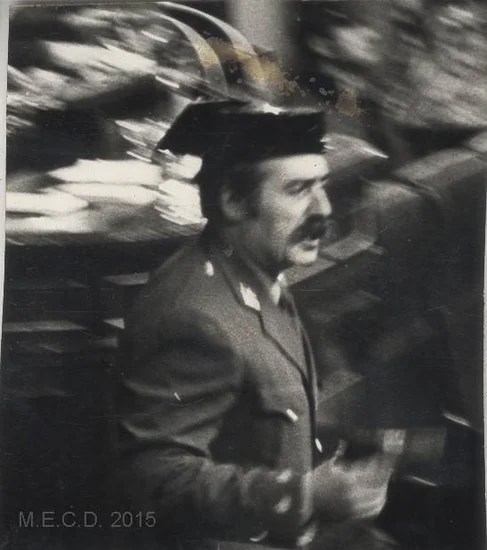
Lieutenant Colonel Antonio Tejero stormed the Spanish Congress of Deputies in a dramatic coup attempt that threatened Spain’s young democracy. Armed Civil Guard officers held parliamentarians hostage for eighteen hours in one of Europe’s most televised political crises.
King Juan Carlos’s decisive television address condemning the coup proved crucial in rallying democratic forces. The failed putsch ultimately strengthened Spanish democratic institutions and civilian control over the military.
1991 – Bloodless Coup in Thailand
General Sunthorn Kongsompong led a bloodless military coup that deposed Prime Minister Chatichai Choonhavan’s elected government. The National Peace Keeping Council assumed control, citing corruption and economic mismanagement as justification.
The military intervention reflected Thailand’s cyclical pattern of democratic governments followed by military rule. International pressure and domestic protests eventually forced the junta to return power to civilian authorities.
1927 – Federal Radio Commission Established
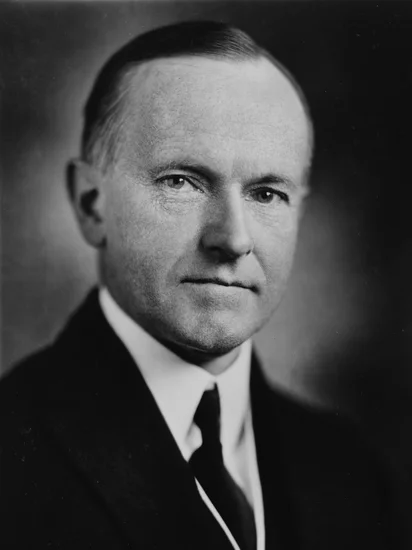
President Calvin Coolidge signed congressional legislation creating the Federal Radio Commission to regulate American radio frequencies. This landmark law established federal oversight of the rapidly expanding broadcasting industry.
The commission’s authority marked the beginning of comprehensive federal telecommunications regulation. The agency later evolved into the Federal Communications Commission, maintaining its regulatory role through the digital age.
Military and Naval History on February 23
1945 – Iwo Jima Flag Raising Photograph
United States Marines reached the summit of Mount Suribachi during the Battle of Iwo Jima and raised the American flag in history’s most iconic war photograph. Joe Rosenthal’s Pulitzer Prize-winning image captured six Marines hoisting the Stars and Stripes over the strategic Pacific island.
The photograph became an enduring symbol of American military valor and sacrifice during World War II. Three of the six Marines depicted in the image died in subsequent fighting before the island’s capture was complete.
1945 – Los Baños Internment Camp Liberation

The 11th Airborne Division executed a flawless rescue operation with Filipino guerrillas to liberate 2,147 Allied prisoners from the Los Baños internment camp. General Colin Powell later praised this mission as “the textbook airborne operation for all ages and all armies.”
Paratroopers coordinated perfectly with ground forces and local resistance fighters to overcome Japanese guards. The daring raid demonstrated exceptional tactical planning and international cooperation in the Pacific theater.
1942 – Japanese Submarine Attack on California
Japanese submarines surfaced near Santa Barbara, California, and fired artillery shells at coastal installations in the first enemy attack on the American mainland. The bombardment caused minimal damage but created widespread panic along the Pacific coast.
This audacious assault demonstrated Japan’s capability to strike American territory directly. The attack prompted increased coastal defenses and reinforced public awareness of wartime vulnerabilities on the home front.
1945 – Manila Liberation by Allied Forces
Combined Filipino and American forces liberated Manila, the capital of the Philippines, after months of brutal urban warfare. The city’s capture marked a crucial milestone in the Pacific campaign to reclaim the Philippines from Japanese occupation.
Fierce house-to-house fighting had devastated much of Manila’s historic architecture and civilian population. The liberation restored Allied control over the strategic archipelago and severed Japanese supply lines throughout the Pacific.
1945 – Poznań Garrison Capitulation
German forces defending the fortress city of Poznań finally capitulated to combined Soviet and Polish armies after weeks of siege warfare. The garrison’s surrender eliminated the last major German stronghold in occupied Poland.
The city’s liberation freed thousands of Polish civilians and prisoners of war held by German forces. Soviet and Polish forces demonstrated effective coordination in reducing this heavily fortified position through combined arms tactics.
Science and Discovery Milestones on February 23
1927 – Heisenberg Describes Uncertainty Principle
German theoretical physicist Werner Heisenberg wrote a groundbreaking letter to colleague Wolfgang Pauli describing his uncertainty principle for the first time. This fundamental quantum mechanics concept revolutionized scientific understanding of atomic-scale measurements and observations.
The uncertainty principle demonstrated that certain pairs of physical properties cannot be simultaneously measured with perfect accuracy. Heisenberg’s discovery became a cornerstone of quantum theory and transformed modern physics forever.
1941 – Plutonium First Produced and Isolated

Dr. Glenn T. Seaborg successfully produced and isolated plutonium for the first time at the University of California, Berkeley. This achievement marked a crucial breakthrough in nuclear chemistry and atomic research during World War II.
Seaborg’s discovery of plutonium’s properties proved essential for developing nuclear weapons and peaceful atomic energy applications. The new element’s characteristics revolutionized both military strategy and civilian nuclear power technology.
1987 – Supernova 1987A Observed
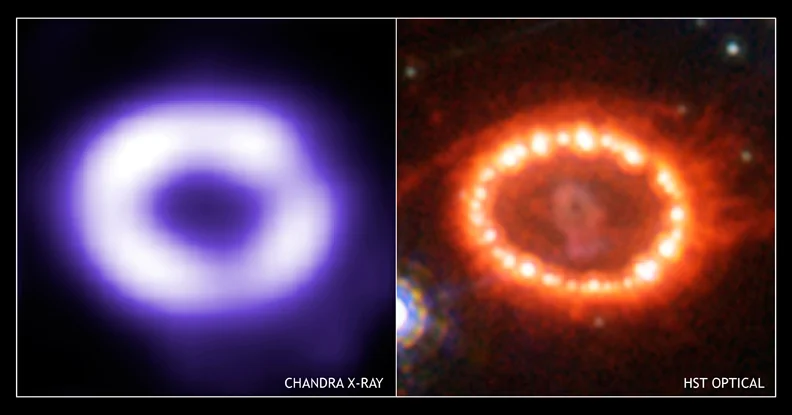
Astronomers detected Supernova 1987A in the Large Magellanic Cloud, marking the closest observed stellar explosion in nearly four centuries. This cosmic event provided unprecedented opportunities to study stellar death and nucleosynthesis processes.
The supernova’s brightness made it visible to naked-eye observers in the Southern Hemisphere. Scientific instruments captured detailed data about shock waves, neutrino emissions, and heavy element formation during stellar collapse.
1954 – Mass Polio Vaccination Begins
The first mass inoculation campaign against polio using the Salk vaccine commenced in Pittsburgh, Pennsylvania. This historic public health initiative marked the beginning of the end for one of humanity’s most feared childhood diseases.
Medical professionals administered vaccinations to thousands of children in the initial trial program. The campaign’s success led to global polio eradication efforts that continue protecting millions of children worldwide.
Cultural and Arts Events on February 23
1905 – Rotary Club Founded in Chicago
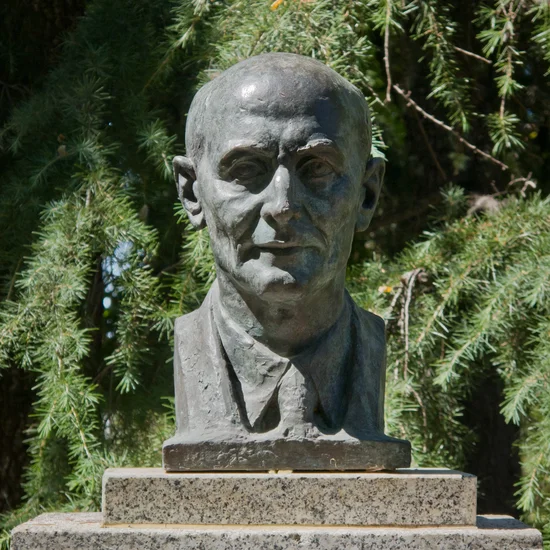
Chicago attorney Paul Harris and three business associates met for lunch to establish the Rotary Club, creating the world’s first service organization. Their innovative concept of community service through professional networking transformed civic engagement globally.
The founding members developed the rotating meeting format that gave the organization its distinctive name. Rotary’s emphasis on ethical business practices and international service established a model replicated by countless civic organizations.
1934 – Edward Elgar Dies
Sir Edward Elgar, England’s most celebrated composer, passed away leaving behind a musical legacy that defined British classical music. His compositions including “Land of Hope and Glory” and the Enigma Variations became synonymous with English national identity.
Elgar’s innovative orchestration techniques and emotional depth influenced generations of composers worldwide. His works remain cornerstones of the classical repertoire and symbols of British cultural achievement.
1965 – Stan Laurel Dies
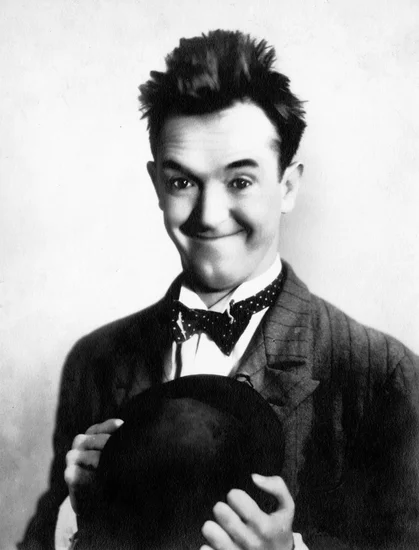
Stan Laurel, the beloved English comedian and half of the legendary Laurel and Hardy duo, passed away in Santa Monica, California. His partnership with Oliver Hardy created some of cinema’s most enduring comedic moments and influenced comedy for generations.
Laurel’s meticulous attention to comedic timing and physical humor elevated silent film comedy to an art form. His creative genius behind the camera as writer and director shaped the duo’s most memorable films.
1976 – L.S. Lowry Dies
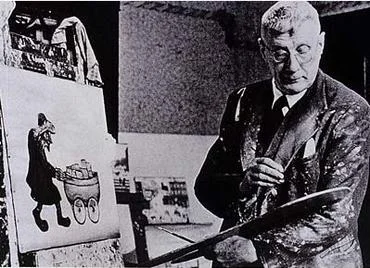
L.S. Lowry, the distinctive English painter famous for his “matchstick men” industrial landscapes, died leaving behind a unique artistic vision of working-class life. His paintings captured the essence of Northern England’s industrial communities with extraordinary emotional depth.
Lowry’s deceptively simple style masked sophisticated artistic techniques that brought dignity to everyday urban scenes. His work provides invaluable documentation of British industrial society during the mid-20th century.
Religious and Social Events on February 23
1943 – Greek Youth Resistance Organization Founded
The United Panhellenic Organization of Youth was established in occupied Greece as a resistance movement against Nazi occupation. Young Greeks organized clandestine networks to oppose fascist rule and support Allied liberation efforts.
The organization coordinated sabotage operations and intelligence gathering throughout German-occupied territories. These brave young resisters paid tremendous sacrifices while maintaining hope for Greek independence and democratic restoration.
1944 – Forced Deportation of Chechen and Ingush Peoples
The Soviet Union began the systematic forced deportation of entire Chechen and Ingush populations from the North Caucasus to Central Asia. This massive ethnic cleansing operation affected hundreds of thousands of people accused of collaboration with Nazi forces.
Families were given minutes to gather belongings before being loaded onto cattle cars for the journey to Kazakhstan and Kyrgyzstan. The deportation resulted in thousands of deaths and cultural destruction that scarred these peoples for generations.
1980 – Iran Hostage Crisis Development
Supreme Leader Ayatollah Ruhollah Khomeini announced that Iran’s parliament would determine the fate of American embassy hostages held in Tehran. This statement marked a significant development in the 444-day diplomatic crisis that captivated global attention.
The ayatollah’s declaration shifted decision-making authority from revolutionary guards to elected officials. International diplomatic efforts intensified as the world watched parliamentary debates determine the hostages’ destiny.
1920 – Patriarch Alexy II Born
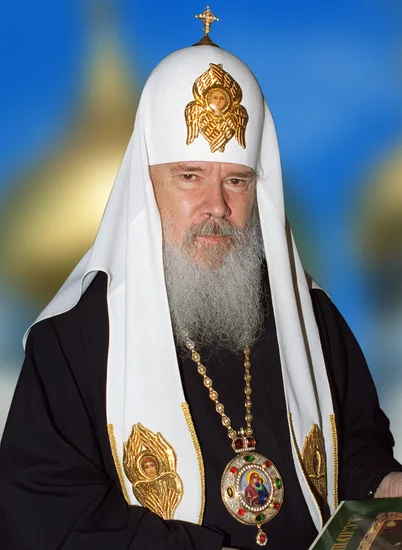
Aleksy Ridiger was born in Tallinn, Estonia, destined to become Patriarch Alexy II of Moscow and All Russia. His future leadership of the Russian Orthodox Church would guide the faith through the collapse of communism and subsequent religious revival.
The future patriarch’s early life in the Baltic region shaped his understanding of religious persecution under Soviet rule. His later efforts to rebuild Orthodox Christianity in post-Soviet Russia proved instrumental in the church’s renaissance.
Business and Economic Events on February 23
1947 – International Organization for Standardization Founded
The International Organization for Standardization (ISO) was established to develop worldwide technical and commercial standards. This global initiative aimed to facilitate international trade and ensure product quality and safety across borders.
ISO’s standardization efforts revolutionized manufacturing, technology, and service industries worldwide. The organization’s certification processes became essential for companies seeking to compete in global markets.
1998 – Environmental Protection Agency Evacuates Times Beach
The Environmental Protection Agency announced plans to purchase and evacuate the entire community of Times Beach, Missouri, due to dangerous dioxin contamination. This unprecedented action demonstrated the government’s commitment to protecting public health from environmental hazards.
The evacuation affected over 2,000 residents whose homes and businesses were contaminated by toxic waste. Times Beach became a symbol of environmental justice and the need for stronger chemical safety regulations.
1974 – Patty Hearst Kidnapping Ransom Demand
The Symbionese Liberation Army demanded an additional $4 million ransom for kidnapped newspaper heiress Patricia Hearst. This dramatic escalation in the high-profile case captivated American media and public attention for months.
The radical group’s extortion attempts highlighted domestic terrorism concerns during the turbulent 1970s. The case’s bizarre developments, including Hearst’s apparent conversion to her captors’ cause, shocked the nation.
Transportation and Infrastructure on February 23
1909 – First Powered Flight in Canada
The AEA Silver Dart achieved the first powered flight in Canada and the British Empire at Baddeck, Nova Scotia. This historic aviation milestone marked the beginning of Canadian aerospace development and demonstrated the rapid global spread of flight technology.
Pilot J.A.D. McCurdy successfully flew the Silver Dart over the frozen waters of Baddeck Bay. The achievement inspired Canadian aviation pioneers and established the nation as a significant force in early aviation development.
2007 – Cumbria Train Derailment
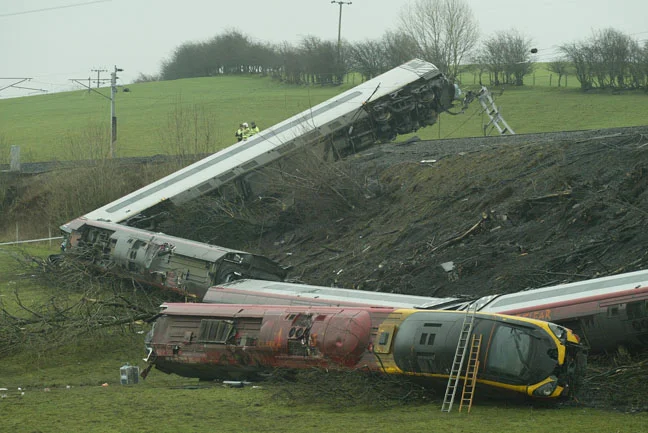
An express passenger train derailed near Grayrigg, Cumbria, England, killing one person and injuring 88 others. The accident prompted comprehensive safety inspections of railway infrastructure throughout the United Kingdom.
Investigators discovered defective points as the cause of the derailment, leading to emergency checks of similar equipment nationwide. The incident highlighted the importance of regular maintenance and safety monitoring in railway systems.
2008 – B-2 Spirit Bomber Crashes
A United States Air Force B-2 Spirit stealth bomber crashed on Guam, marking the first operational loss of the world’s most expensive military aircraft. The incident raised questions about the reliability and cost-effectiveness of advanced military technology.
Both crew members ejected safely before the $2.1 billion aircraft was destroyed on impact. The crash investigation revealed moisture in air sensors as the cause, leading to improved maintenance procedures for the remaining fleet.
2019 – Atlas Air Cargo Plane Crash

Atlas Air Flight 3591, a Boeing 767 cargo aircraft, crashed into Trinity Bay near Anahuac, Texas, killing all three crew members aboard. The accident highlighted ongoing concerns about cargo aviation safety and pilot training standards.
The crash occurred during approach to Houston’s George Bush Intercontinental Airport in challenging weather conditions. Federal investigators later attributed the accident to pilot error and inadequate training procedures.
Sports and Recreation on February 23
1958 – Juan Manuel Fangio Kidnapped
Five-time Formula One world champion Juan Manuel Fangio was kidnapped by Cuban revolutionaries on the eve of the Cuban Grand Prix. The dramatic incident brought international attention to the ongoing Cuban Revolution and its impact on sporting events.
The Argentine racing legend was released unharmed the following day after the race concluded. Fangio later expressed understanding for his captors’ political cause, creating an unusual bond between the racing icon and Cuban revolutionaries.
1998 – Florida Tornado Outbreak
A devastating tornado outbreak struck central Florida, destroying or damaging 2,600 structures and killing 42 people. The severe weather event demonstrated nature’s power to disrupt communities and sporting events across the region.
The tornadoes particularly affected the Orlando area, causing widespread cancellations of spring training baseball games. Emergency response teams worked tirelessly to rescue survivors and restore essential services to affected communities.
1999 – Avalanche Buries Austrian Town
A massive avalanche completely buried the town of Galtür, Austria, killing 31 people and trapping hundreds more. The disaster highlighted the constant danger faced by Alpine communities and the importance of avalanche safety measures.
Rescue teams worked around the clock to locate survivors buried under tons of snow and debris. The tragedy led to improved avalanche warning systems and evacuation procedures throughout the European Alps.
Notable Births on February 23
1968 – Naruhito, Emperor of Japan
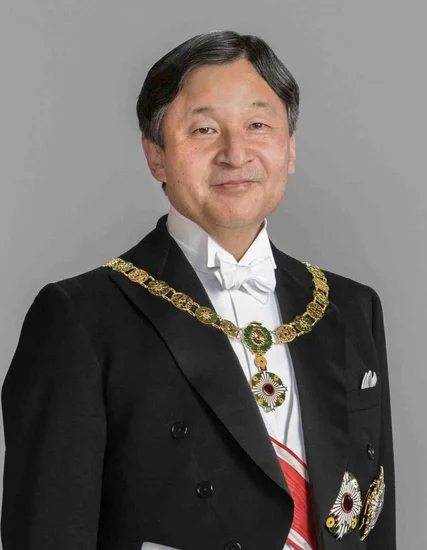
Crown Prince Naruhito was born in Tokyo, destined to become Japan’s 126th Emperor. His birth continued the world’s oldest continuous hereditary monarchy and ensured the imperial line’s continuation into the 21st century.
The future emperor’s education at Oxford University and his scholarly pursuits in water transportation history distinguished him from previous imperial heirs. His ascension to the throne in 2019 marked the beginning of the Reiwa era.
1994 – Dakota Fanning, American Actress

Dakota Fanning was born in Conyers, Georgia, beginning a remarkable child acting career that would span decades. Her exceptional talent emerged early, leading to breakthrough roles in major Hollywood productions.
Fanning’s performances in films like “I Am Sam” and “War of the Worlds” established her as one of Hollywood’s most accomplished young actresses. Her transition from child star to serious dramatic actress has been remarkably successful.
1983 – Emily Blunt, English Actress

Emily Blunt was born in London, England, destined to become one of Britain’s most versatile and acclaimed actresses. Her distinctive voice and exceptional range have made her a favorite of both critics and audiences worldwide.
Blunt’s breakthrough came with “The Devil Wears Prada,” followed by acclaimed performances in “Mary Poppins Returns” and “A Quiet Place.” Her ability to excel in both dramatic and comedic roles has established her as a leading Hollywood talent.
1965 – Michael Dell, American Businessman

Michael Dell was born in Houston, Texas, destined to revolutionize the personal computer industry. His entrepreneurial vision and direct-to-consumer business model transformed how computers are manufactured and sold globally.
Dell’s company, founded in his University of Texas dorm room, became one of the world’s largest technology corporations. His innovative approach to supply chain management and customer service set new industry standards.
1940 – Peter Fonda, American Actor
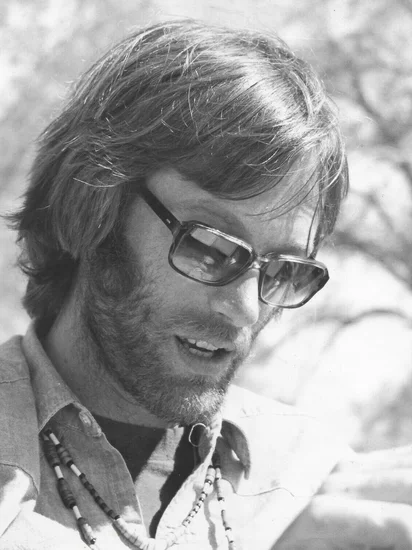
Peter Fonda was born in New York City into Hollywood royalty as son of legendary actor Henry Fonda. His counterculture films and rebellious screen persona defined a generation of American cinema.
Fonda’s starring role in “Easy Rider” became an iconic representation of 1960s counterculture and independent filmmaking. His production and acting work helped establish the American independent film movement.
Notable Deaths on February 23
1934 – Edward Elgar, English Composer
Sir Edward Elgar, England’s most celebrated composer, passed away leaving behind a musical legacy that defined British classical music. His compositions including “Land of Hope and Glory” and the Enigma Variations became synonymous with English national identity.
Elgar’s innovative orchestration techniques and emotional depth influenced generations of composers worldwide. His works remain cornerstones of the classical repertoire and symbols of British cultural achievement.
1965 – Stan Laurel, English Comedian

Stan Laurel, the beloved English comedian and half of the legendary Laurel and Hardy duo, passed away in Santa Monica, California. His partnership with Oliver Hardy created some of cinema’s most enduring comedic moments and influenced comedy for generations.
Laurel’s meticulous attention to comedic timing and physical humor elevated silent film comedy to an art form. His creative genius behind the camera as writer and director shaped the duo’s most memorable films.
1969 – Madhubala, Indian Actress

Madhubala, Bollywood’s most celebrated actress of the 1950s, died tragically young at age 36. Her ethereal beauty and exceptional acting talent made her an icon of Indian cinema’s golden age.
Her performances in classics like “Mughal-e-Azam” established her as one of Indian cinema’s greatest stars. Madhubala’s brief but brilliant career continues to inspire actresses and filmmakers throughout the Indian subcontinent.
2000 – Stanley Matthews, English Footballer

Sir Stanley Matthews, England’s most celebrated footballer, passed away at age 85 after a career spanning five decades. His extraordinary dribbling skills and longevity made him a legend of English football.
Matthews became the first footballer to receive a knighthood and continued playing professionally until age 50. His dedication to fitness and skill development set standards that influenced generations of professional athletes.
1931 – Nellie Melba, Australian Soprano
Dame Nellie Melba, Australia’s most famous opera singer, died in Sydney after a career that brought international acclaim to Australian performers. Her exceptional voice and stage presence made her one of the world’s leading sopranos.
Melba’s performances at major opera houses worldwide established her as the leading lyric soprano of her generation. Her name became synonymous with Australian cultural achievement and international artistic excellence.
Holidays and Observances on February 23
Defender of the Fatherland Day in Russia
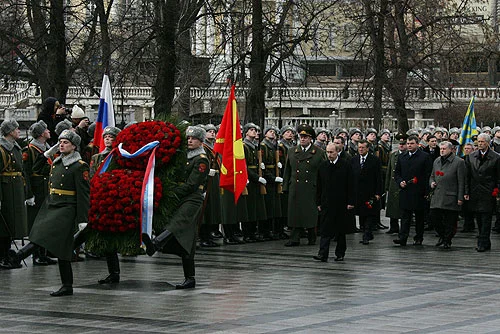
Russia celebrates Defender of the Fatherland Day, honoring military service members and veterans throughout the nation. This federal holiday originated during the Soviet era as Red Army Day and continues as a major patriotic observance.
The holiday has evolved to celebrate all who have served in Russia’s armed forces throughout history. Military parades, ceremonies, and family gatherings mark this important day of national remembrance and appreciation.
The Emperor’s Birthday in Japan
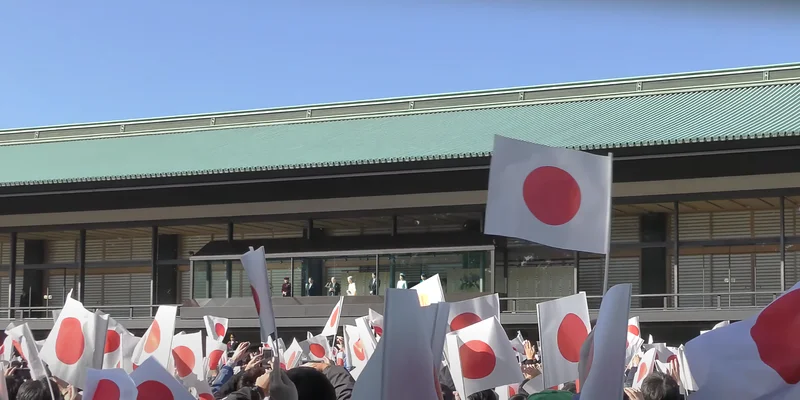
Japan celebrates The Emperor’s Birthday, marking the birth of Emperor Naruhito, the current sovereign. This national holiday allows Japanese citizens to honor their constitutional monarch and the continuity of imperial tradition.
The Imperial Palace opens its grounds to the public for special ceremonies and appearances by the imperial family. This rare opportunity strengthens the bond between the emperor and his subjects through direct interaction.
National Day in Brunei

Brunei observes its National Day, celebrating the nation’s independence and sovereignty. This important holiday showcases Bruneian culture, traditions, and achievements through elaborate ceremonies and cultural displays.
The celebration includes military parades, cultural performances, and official ceremonies attended by the Sultan and royal family. Citizens participate in festivities that reinforce national unity and pride in their Islamic monarchy.
